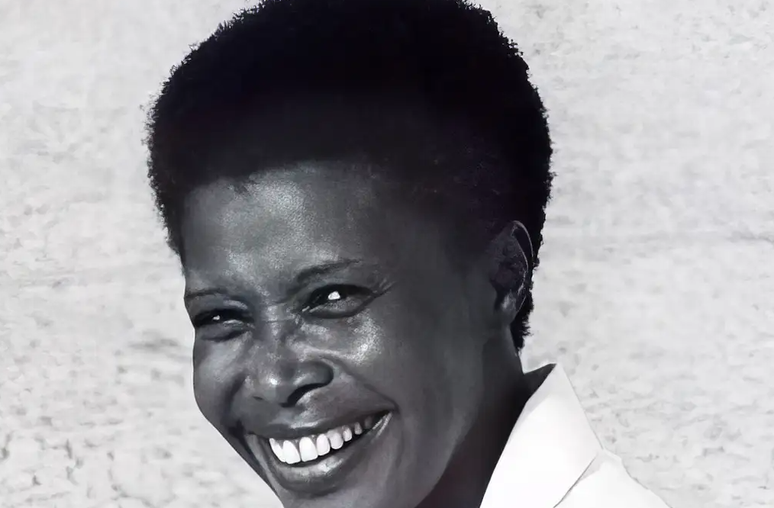The Periphery Literary Festival presents its annual program on May 11th
The multiple identities of Beatriz Nascimento – historian, teacher, writer, intellectual and activist for the human rights of people and women of color – will be remembered by the Festa Literária da Periferia (Flup), in various activities throughout 2024. On the 11th May will be The event presenting the annual agenda was held in Rio de Janeiro. The legacy left by Beatriz will be honored at her inaugural table, almost ten years after her death.
“In this 14th edition, the festival celebrates a work that awakened another Brazilian imagination and developed into a new generation of intellectuals and writers who transformed the cultural scene. The writer Conceição Evaristo and the philosopher Helena Theodoro will be part of the tribute to their friend and fellow activist”, reads a note released this Monday (15th) by the organizers.
Since 2012, the year of its birth, Flup has been held every year. The festival, which has already resulted in the publication of more than two dozen books by authors from the suburbs of Rio de Janeiro, was highlighted in the 2020 Jabuti Prize, the country’s most traditional literary prize. Flup won in the Reading Promotion category. Last year, Rio de Janeiro’s Legislative Assembly passed a law declaring the festival an intangible cultural heritage.
Organizers usually bring activities to territories traditionally excluded from literary programs. He passed, for example, through Morro dos Prazeres, Vigário Geral and Ladeira do Livramento. The event presenting the 2024 annual agenda will take place at Circo Crescer e Viver, a space created in 2021 in the central region of Rio, where projects are developed that enhance art as a pedagogical tool and that benefit children, adolescents and young.
The program is free and will start at 12 with a feijoada. The opening table is scheduled for 1pm. Throughout the afternoon the tables will debate various topics. The Soiree Beatriz Nascimento will take place in front of each of them, in which the poems of the author and the winner will be recited. At the end of the activities, Pagode da Gigi will promote a samba club made up entirely of women.
The winner of the edition, Beatriz Nascimento, is the author of numerous texts in which she reflects on issues related to feminism, racism, the quilombola struggle and black cultural resistance, among other topics. For her performance she was awarded the title of Woman of the Year 1986, granted by the National Council of Women of Brazil (CNDM), an organization created by Federal Law 7.353 / 1985. She has also ventured into cinema, having been part of the team that made the feature film Ôrí, in 1989. The documentary, directed by Raquel Berger, is about the black movement and was produced based on Beatriz’s research. The historian also acts as a narrator.
Born in Sergipe in 1942, Beatriz Nascimento graduated in history from the Federal University of Rio de Janeiro (UFRJ). She developed her career in the capital Rio de Janeiro until losing her life in a brutal crime. In January 1995 she was shot in front of witnesses in a bar in the Botafogo neighborhood, in the south of the city. The murderer was the ex-partner of one of her friends, whom Beatriz had advised to separate after hearing her complaints of domestic violence. Tried, he was sentenced to 17 years in prison.
“Paying homage to Beatriz Nascimento, Flup brings the concept of aggregation, community and struggle of the quilombo as the foundation of its annual programming,” say the organizers. They also announced that the annual program will open space for a network of 100 academics of color, created by researchers Thaís Alves Marinho and Rosinalda Simoni. During 2024, these intellectuals will participate in other events that will take place in peripheral spaces of the city of Rio. A book will also be published with the story of each of these 100 women, entitled Biographical Dictionary: Intertwined Stories of Afrodiasporic Women. .
Edition: Graça Adjuto
Source: Terra
Rose James is a Gossipify movie and series reviewer known for her in-depth analysis and unique perspective on the latest releases. With a background in film studies, she provides engaging and informative reviews, and keeps readers up to date with industry trends and emerging talents.








